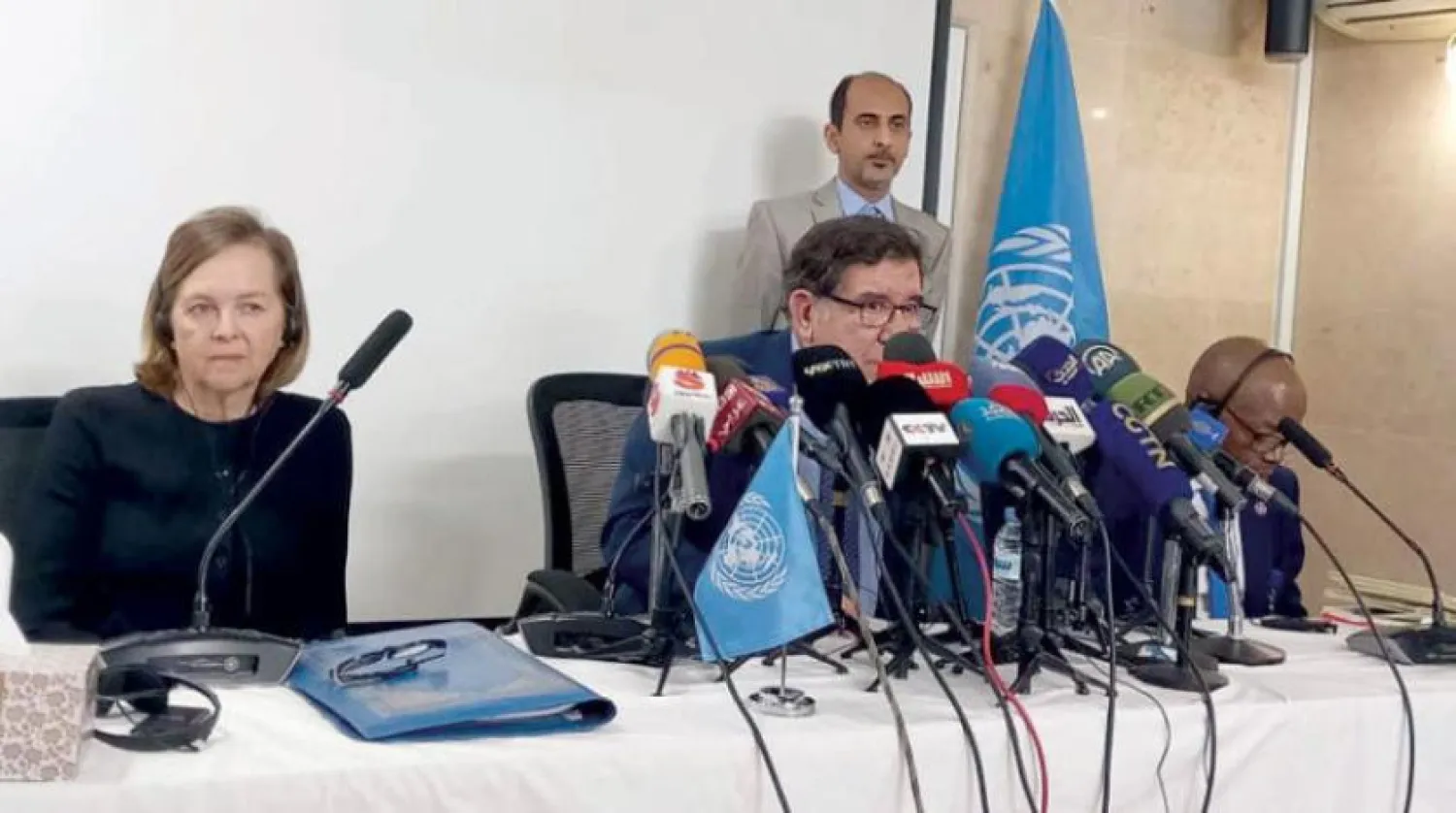Radhouane Nouicer, expert on the situation of human rights in Sudan, has welcomed commitments on the human rights contained in the political framework agreement signed between the political forces and the military component.
He expressed hope that this helps “set a roadmap to settle the outstanding issues with a broad participation to achieve freedom, peace, justice and the formation of a civil government."
The expert also welcomed the resumption of legal and institutional reforms with the participation of the largest number of Sudanese citizens in the coming government.
Nouicer said during a press conference in Khartoum that the Human Rights Commission should have pivotal matters in the program of the next government.
He pointed to his visit to Khartoum and West Darfur and to the “huge challenges facing Sudan,” and the issues of displacement and refugees.
“The refugees hope to return to their homes”, he stated, adding that in order to achieve this, security and political stability must be achieved and the full reasons behind their displacement and the conflicts that occurred in general must be resolved.
"During the meetings we held with civil society representatives, their message was to demand accountability for those responsible for human rights violations," he said.
He stressed that accountability and transitional justice issues require credible practical mechanisms that address crimes to represent a new legal structure that prevents the spread of crimes.
Nouicer extended thanks to the authorities in Sudan for their cooperation, facilitation of the mission, and their support for his visit and the frank and constructive discussion on human rights issues in Sudan.
The human rights expert met with the civil society authorities and with many victims of human rights violations in the states of Khartoum and West Darfur.









